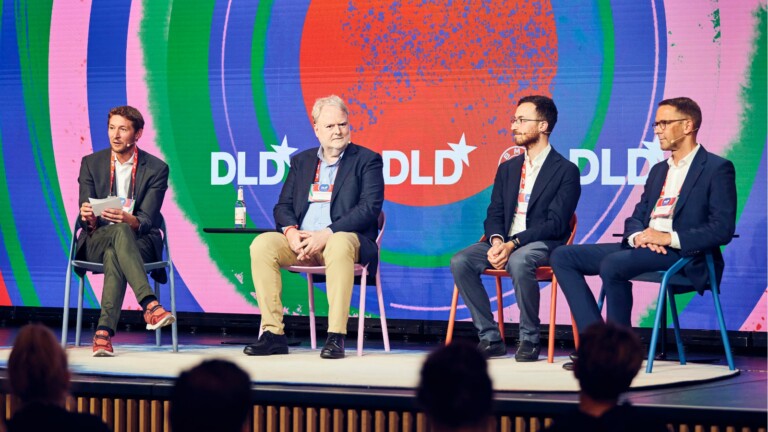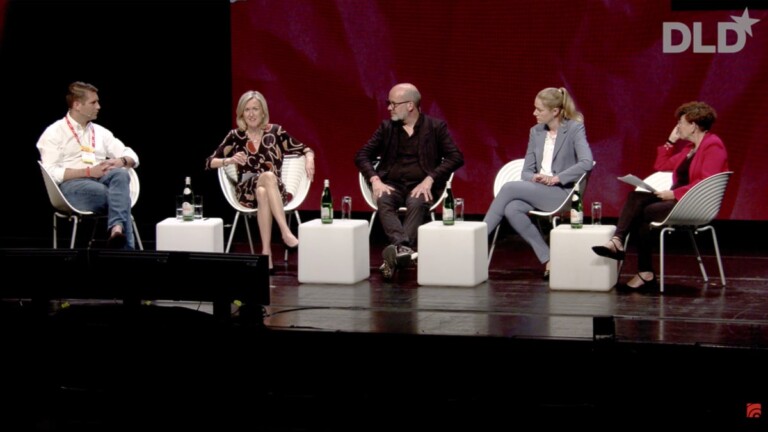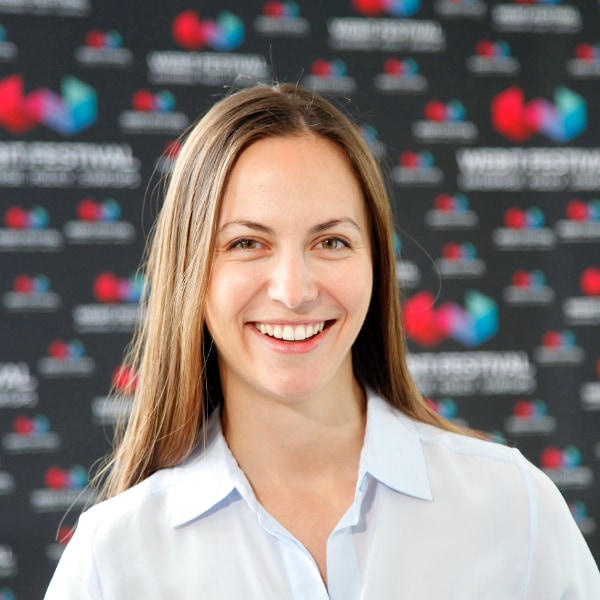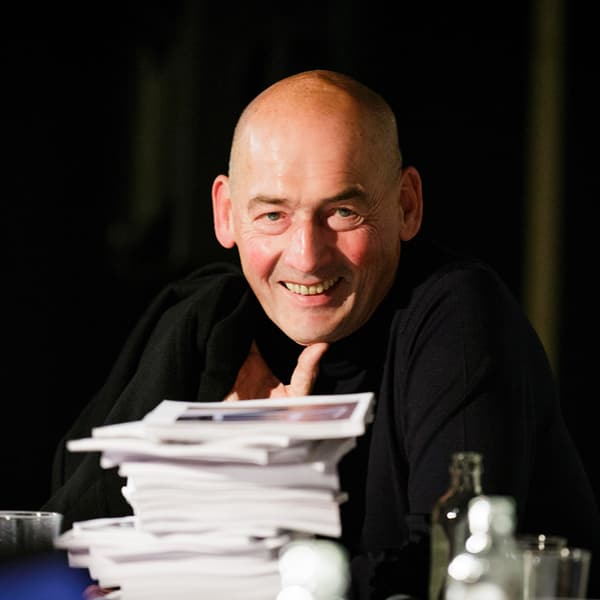
“If We Leave It to the Market, Renewables Will Win”
The science of climate change is clear, but greenhouse gas emissions keep rising. “Temperatures hit new highs, yet world fails to cut emissions (again)”, the U.N. Environment Programme wrote in September, when the most recent Emissions Gap Report was published.
The failure to act is largely a failure of politics, energy expert Michael Sterner believes. A professor of energy storage at the OTH Regensburg in Bavaria, Sterner argues that all necessary technologies for a clean energy transition already exist – what’s missing, he says, is the political willpower to change the current, fossil-based system.
In Germany, Sterner’s book So retten wir das Klima (“This is how we save the climate”) became a bestseller. He’ll explain his reasoning in detail at the DLD24 conference, which takes place from January 11-13 in Munich. Ahead of the conference, we asked Sterner how the green energy transition could become a success story.
DLD Munich 2024
DLD24 was a fantastic event. We invite you to revisit the conference to watch videos of all talks and find out why Europe’s leading innovation conference is unlike any other.
What’s most likely to power our future: wind, water, sun – or coal, oil and gas?
Renewables and storage, no doubt. Because the growth of wind and solar and other renewables is exponential. No matter what government you have, economics have decided that we will ramp up renewables and phase out nuclear and fossil fuels. This is just a matter of time.
How much time?
The technologies are there, but we have more fossil subsidies than renewable subsidies. Worldwide. As long as we interfere from the governmental side with the market, fossils will remain. But if we leave it to the market and do not subsidize fossil fuels anymore, then renewables will win the race. It’s as simple as that.
Which are the subsidies that you feel should be taken away first?
All of them. We know that the use of fossil fuels is not sustainable and is destroying our economies and the planet, so we should remove them all.

Hidden support: Fossil energy currently benefits from trillions of dollars in direct and indirect subsidies, according to the International Monetary Fund.
How can renewable energy become more reliable, considering that the sun doesn’t always shine and the wind doesn’t always blow?
From a technology perspective we are done. All solutions are on the table, including for energy storage. We have sodium-ion batteries as a promising alternative to lithium-ion batteries. They don’t require rare metals and they are no more expensive. And in terms of long-term storage we have “Power-to-Gas”, where we convert wind and solar energy to hydrogen.
How does Power-to-Gas work?
You can think of it as a technology that replicates what plants are doing naturally through photosynthesis. Because plants, over millions of years, have developed a process to store solar energy in their cells. To do this, they convert CO2, water and sunlight into sugar. The idea behind Powert-to-Gas is to mimic this process by combining water electrolysis with CO2-methanation. The goal is to convert water and CO2 in combination with wind and solar power to produce synthetic natural gas.
For what purpose?
Synthetic natural gas has the great advantage of working with our existing infrastructure. It works with every gas pipeline, every gas storage facility, every gas power plant. But it’s emissions-free, so you can power industrial processes in a climate-neutral way. This technology is mature, well-demonstrated and readily available.
Why don’t we see it in action all over the world yet?
Because of different interests and fossil subsidies. Fossil energy is still too cheap. We need to remove the fossil subsidies, and then market incentives will do the rest. You invest in wind, solar, storage, hydrogen, insulation, heat pumps and so on, and then you have a business case within the next 5 to 10 years.
More About Clean Energy

Renewable Energies: Key Enabler of a Circular Economy






